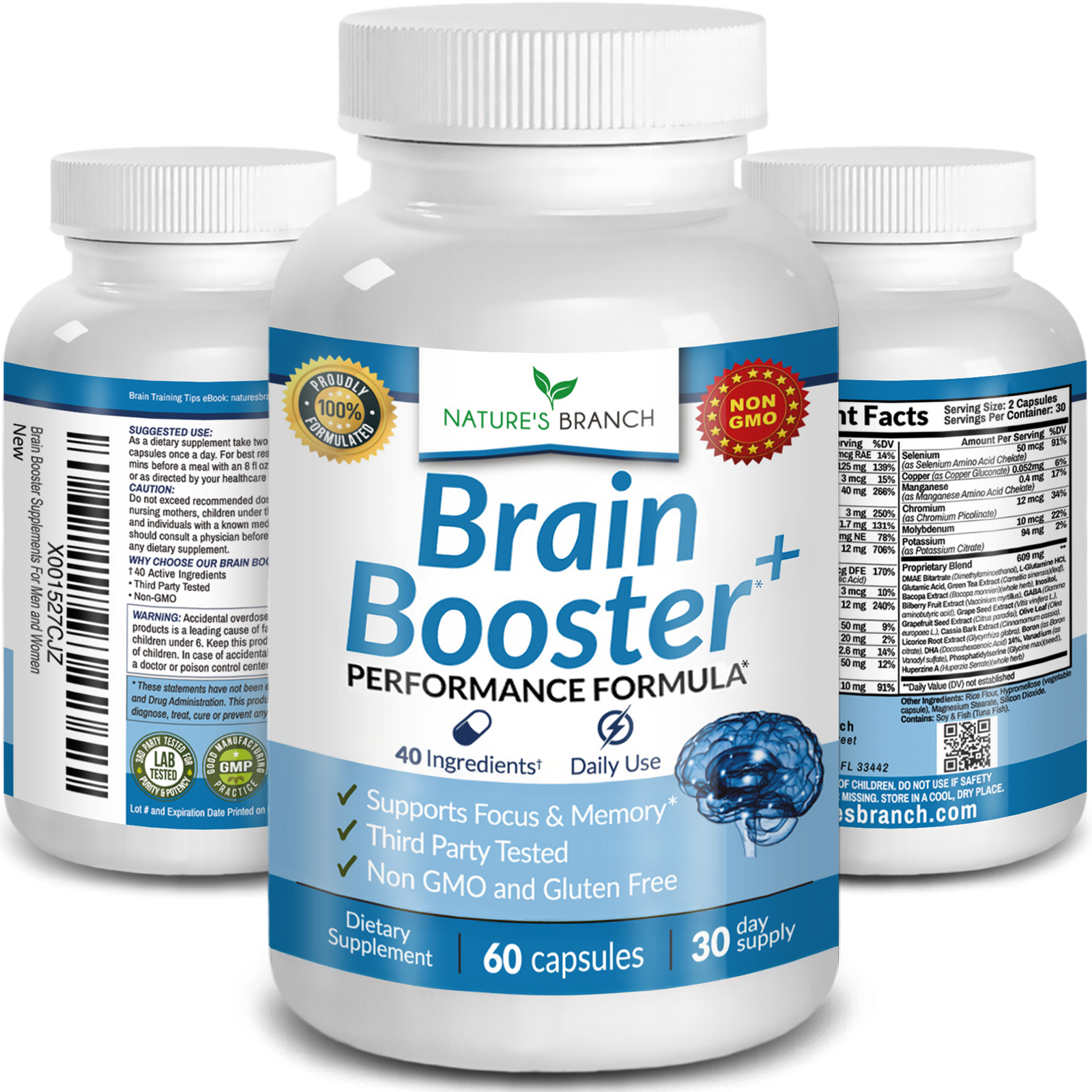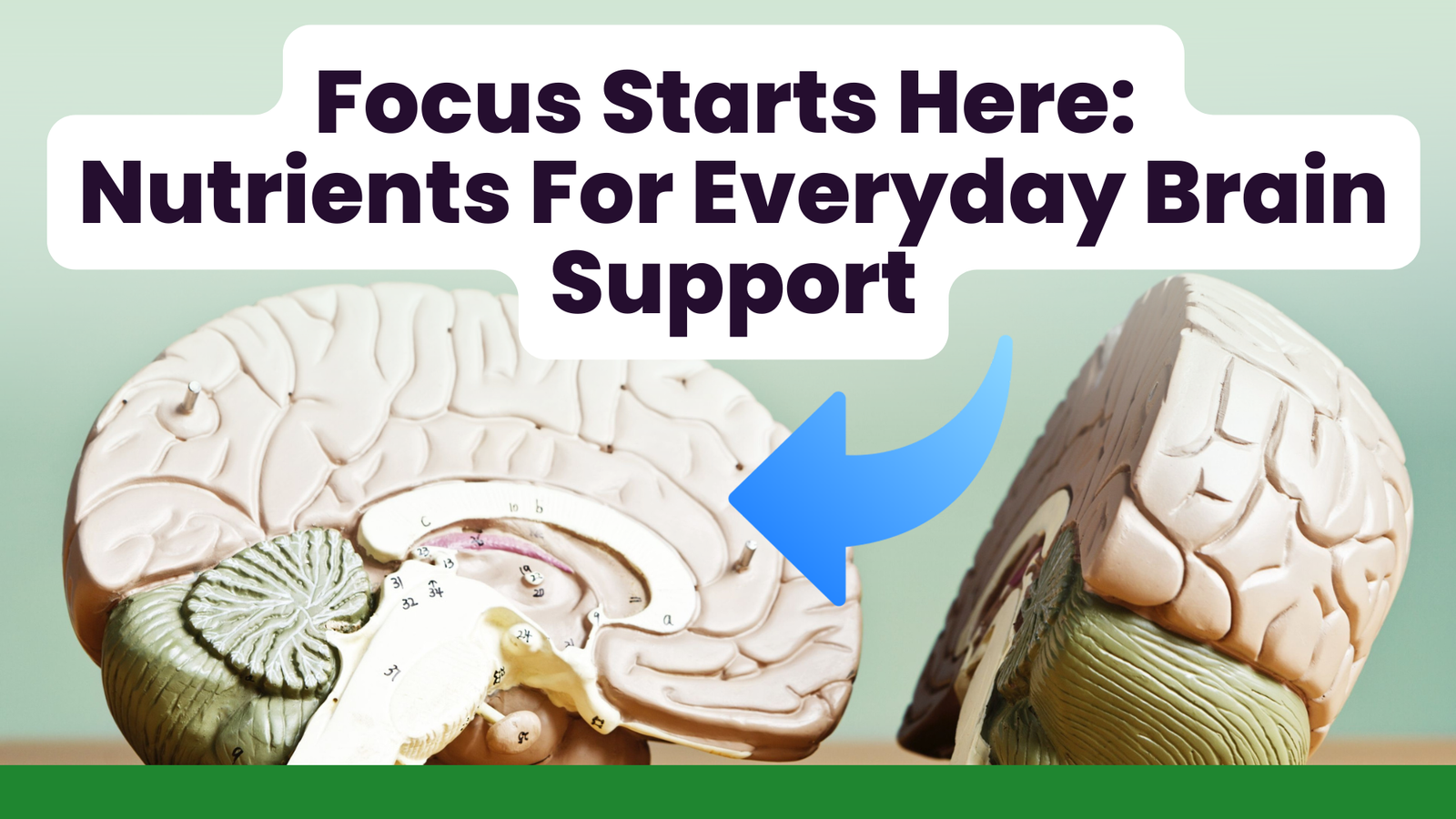Being able to remember names, things, dates, and details is a great advantage in school or even in the workplace. There are techniques to remember but how effective are they?
An individual has a huge memory capacity. If we look at it technically, storage of information in our brain is less of an issue as our minds can hold information in great quantities. However, the “recalling” process, as a means of accessing information in our memories, produces a sticking point.
Recalling information is quite a challenge and it also affects how everyone perceives us. When learning at school, the people we know who can remember details, dates, and names are those we consider as smart, organized and efficient. On the contrary, the person who often forgets things or recalls information incorrectly is less desirable to work with. Memory is of a great importance and by recalling information effectively, we can achieve greater benefits in everyday life.
Some people are gifted with it. Some struggle. Did you know that people with excellent memories and memory championship winners are not too different from others? They just use a combination of techniques to enable their minds to memorize things.
Here are 13 techniques you can try to improve your recalling skills:
1. The “Memory Palace” Technique
One of the most powerful techniques ever formulated. The premise consists of associating pieces of information that you want to remember by assigning it with parts of a location that you are familiar with. Certain locations in your home is a good start.
The process of this technique starts with visualizing yourself walking through your home and remembering every single detail that you can. A good example is if you are learning a foreign language. You can associate the months of the year with the set of your toiletries. Associating items within your mind in a real physical space helps your mind store and recall important things more easily.
2. Expression Mnemonics/Acronyms
This is the best method that students tend to use. It is found to be effective especially for remembering enumerated words. Who can forget the acronym, HOMES ((Huron, Ontario, Michigan, Erie and Superior) or if you have taken music lessons, the treble clef (EGBDF) associated to the phrase, “Every Good Boy Does Fine”?
Acronyms are limited to simple words but you can also be associated with items, rhyme, songs and even poems.
3. Chunking
The human brain typically looks for patterns and you can use this to your own advantage. Chunking allows the brain to store information in easy-to-remember packets. It is a process wherein you are putting things in a group. This is most commonly used when remembering grocery items and associating colors based on their packaging.
4. Spaced Repetition
It is usual to forget things you just memorized after an hour or a day. This is a typical scenario for students studying for their exams. After the test, information tends to fade. Spaced repetition is basically retaining that piece of information from the long-term storage areas of your brain.
You can implement it by reinforcing a piece of information in your mind just when you are about to forget it. Some people who are practicing this use flashcards and organize the information into batches depending on how easy it is for them to remember. Why not try this technique and if you remember something clearly, test yourself with the same flashcard after 5 minutes, then 30 minutes, then one hour then one day and so on.
5. Adequate Sleep
One of the biggest mistakes that people make is skipping sleep to cover everything that they need to memorize. Always remember that sleep deprivation affects certain aspects of your cognitive abilities which includes memory. Moreover, depriving yourself of sleep can cause long-term risks associated with heart diseases, weak immune system, obesity and other complications.
Sleep helps in recalling facts and information and reorganizing memories as it gives our brain ample time to absorb and store details. Lack of sleep loses our concentration and focus and most of the time leads to remembering things incorrectly.
6. Regular Naps
A lot of times, an individual may lack adequate sleep due to daily activities that he/she needs to attend to. Try taking naps. Sleep experiments have revealed naps are a helpful way of boosting memory. Taking a 6 to 15-minute nap can help you recall information more effectively.
7. Healthy Foods
When we talk about a balanced diet, the conversation always tends to lead to weight management, strengthening the immune system and preventing illnesses. Did you know that healthy foods also affect memory improvement?
There are many known foods considered to be good for the brain such as peanuts, blueberries, fish, whole grains, and olive oils. Teas can also be beneficial. In fact, green tea may lead to enhanced activities in the pre-frontal cortex of the brain.
These foods may help prevent the risks of, diabetes, cardiovascular diseases, and obesity. You should definitely avoid foods that are rich in saturated fats and trans-fats such as butter, red meat etc. It is essential to understand that foods which cause high cholesterol may lead to a heart attack or stroke also lead to memory impairment.
8. Regular Exercises
Exercising can improve memory as it increases blood flow in the brain which leads to cognitive benefits such as alertness, concentration, and improved mood. It releases Cathepsin B, a protein which triggers the growth of neurons and forms a new connection in the hippocampus, a part of the brain responsible for memory. A good starting point is to walk for 30 minutes each day.
9. Socializing
Maintaining harmonious relationships with friends, workmates and family members can also improve your memory. This is because the body releases ‘happy hormones’ which are essential in improving mood thus, improving your state of mind. This is a great reason to invest more in your current relationships as well as getting back in touch with people you haven’t spoken to in years.
10. Learning a New Language
The process of remembering vocabulary, phrases and grammar rules all exercise your brain cells. Mental exercise like this leads to overall memory improvement. Some studies have shown that bilingual people are at less risk of Alzheimer’s disease. In learning a new language, you develop curiosity and this helps you concentrate more on everyday activities and objects. It definitely gives you more reason in brushing up your Spanish, French or even Mandarin.
11. Meditation
Meditation is a good way to improve the mind and increase the ability to pay attention to tasks. In relation to this, it improves retention and converting short-term memory into a long-term memory. The habit of meditation is not too hard. It may prove to be slightly uncomfortable when you’re sitting for a couple of minutes, however, walking meditation may be an alternative. Lots of people find this approach to be easier in calming the mind.
12. Afternoon Study
Afternoon, as some studies have shown, is the best time to study and maximize recall and not necessarily when you are feeling the most alert. The primary reason is that you are thinking a lot when your body is actively doing things and it affects your concentration.
13. Take Supplements
Brain Booster supplements are a great way to support the cognitive functions of the mind. Try Nature’s Branch Advanced Brain Booster+. We use a premium, exclusively designed formula by nutritional professionals to help elevate your mind and boost memory, focus, and clarity. It helps improve energy levels and mental alertness while promoting a positive mood and clear thinking. As a free bonus, you also receive a FREE ‘BRAIN TRAINING’ EBOOK packed with many more brain improvement techniques and useful exercises. Purchase your bottle today!
The key to remembering things is simply implementing various methods to help you recall details. Pick some of the techniques above and observe a substantial difference in your memory. Now that you know how to train your brain, it’s actually time to start doing. Implement the techniques you know already and add up what you have learned about this article. Together, let’s all be smarter than ever!











Leave a comment (all fields required)